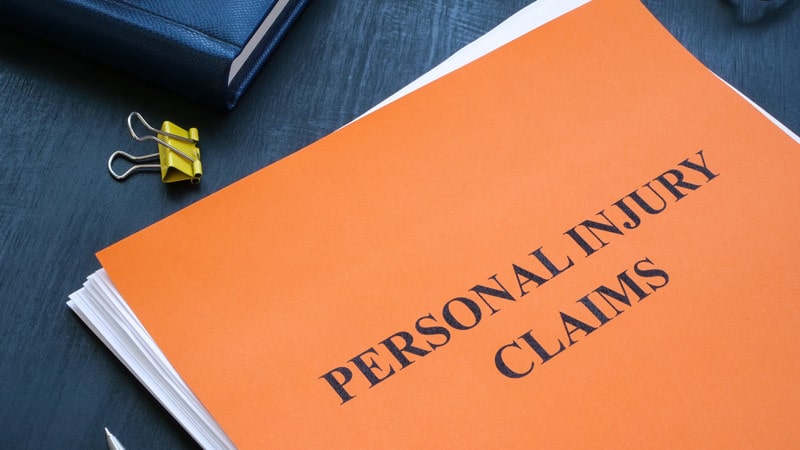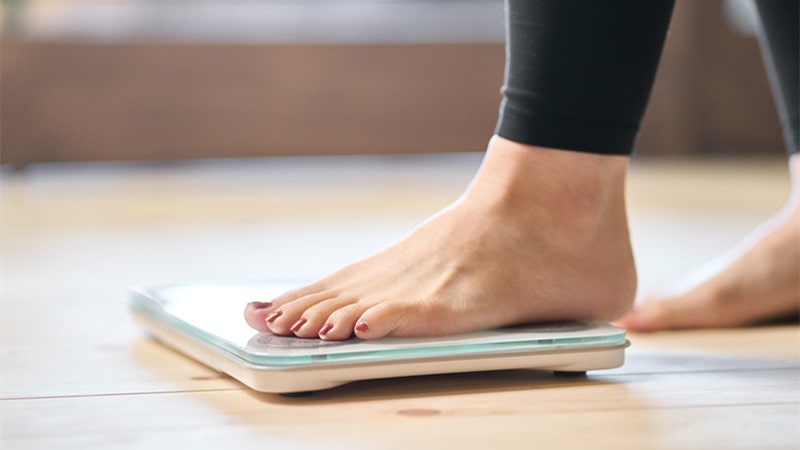Handling a personal injury claim can be complex, and social media adds an extra layer of complexity to the process. People share their lives on these platforms, but it’s important to remember that every post you make can have consequences in a legal case. This personal injury lawyer in the Bronx says seeking legal help is crucial. They can guide you on how to use social media wisely during your claim because, in the legal world, your online presence can say a lot. Personal injury statistics reveal that just 4% of the 400,000 cases go to trial yearly.
However, the opposing side diligently readies themselves by extensively collecting evidence from social media to support their client’s case.
Think Before You Post
People love sharing bits of their day on social media, but when you’re dealing with a personal injury claim, each post can be like a message to the court. Imagine posting a picture from a friend’s birthday party where you’re smiling and dancing. It’s just a fun moment for your friends, but to an insurance adjuster, it might suggest that your injury isn’t as severe as you’ve claimed.
Before you click that ‘share’ button, take a moment to think about how your post could be interpreted. Could it be misunderstood? Could it contradict the story you’re telling in your claim? It’s not just about the truth; it’s also about how others might perceive your posts.
Privacy Settings Aren’t Foolproof
You might believe your privacy settings protect your posts, but they’re not as secure as you think. Even with strict settings, there are ways for your content to become public. Screenshots, shares, or even friends viewing your posts can expose your updates to the other party’s legal team.
To be safe, consider posting as if everyone can see it because, in the context of your claim, that might actually be the case.
Comments Can Be Misinterpreted
The comments section on your posts can be a tricky area. Even a simple comment like “I’m doing okay” in response to a friend’s concern can be taken out of context and used against you in your claim.
It’s a good idea to avoid discussing your health, activities, or the accident itself in the comment section. Let your lawyer handle the communication, and stick to neutral topics.
Photos Can Contradict Your Claim
A picture can convey a lot, and in a personal injury claim, it could be used against you. A photo of you hiking or carrying groceries might be presented as evidence by the other side, suggesting that your injury isn’t as severe as you’ve described.
Remember that photos don’t show pain or provide the full story. They capture a single moment without context. It’s best to avoid posting photos while your claim is ongoing.
Check-ins and Location Data
Social media platforms often encourage users to share their locations, which insurance companies can observe. Something as innocent as checking in at a local restaurant or gym can create a trail that leads to incorrect assumptions about your physical abilities after the accident.
It’s not only about where you are at a specific moment but also about where your posts suggest you could be. If you claim that your injury has disrupted your life, but your social media paints a different picture, it could harm your case.
Social Media Can Reveal Pre-Existing Activities
Your digital footprint is like a diary, documenting your past activities and experiences. Past posts about your active lifestyle or mentions of previous health issues like back pain can be uncovered and used to question the severity or cause of your current injury.
It’s essential to review your social media history and remove any posts that could be misinterpreted. However, before you start deleting, consult your lawyer to ensure you handle it correctly without raising suspicions.
Deleting Posts Can Be Problematic
During moments of panic, you might consider deleting all your social media posts. However, in the eyes of the law, this can be seen as destroying evidence, which could backfire and suggest that you have something to hide. Instead of impulsively hitting the delete button, take a step back and consult with your personal injury lawyer in the Bronx. They can help you navigate the digital landscape without jeopardizing your claim.
In today’s digital age, your social media profiles are just as important to your personal injury claim as the physical evidence itself. They provide a living record of your daily life, and every action, from likes to check-ins, tells a story. Play it safe, and when in doubt, log out. Your story can wait to be shared until after your claim has been successfully resolved, securing the justice and compensation you rightfully deserve.




